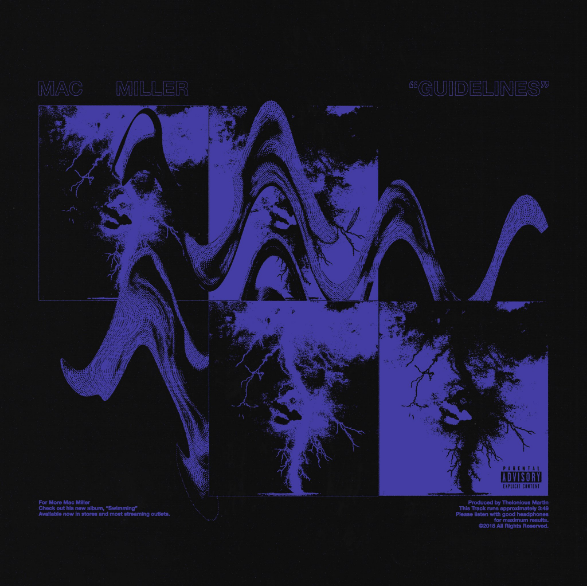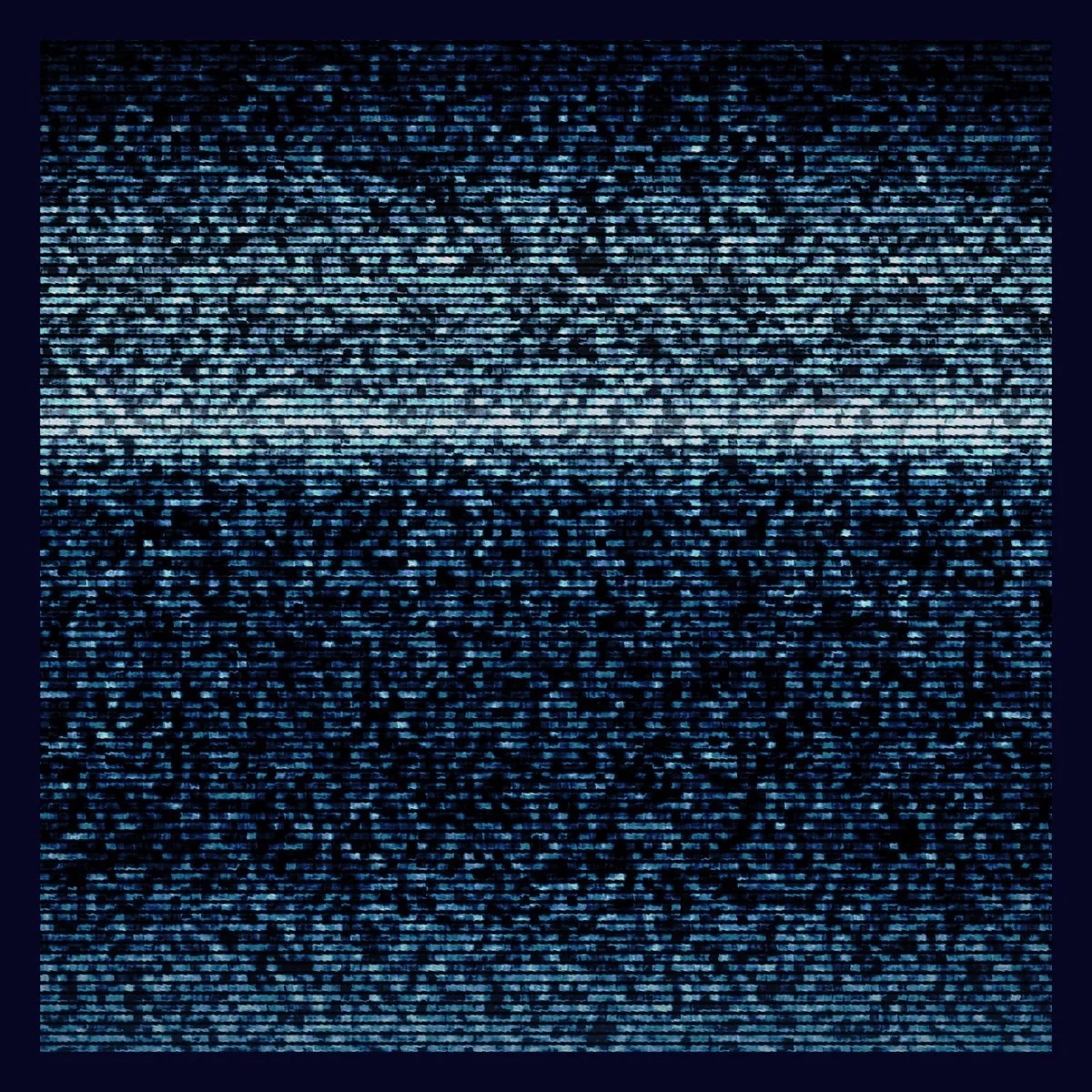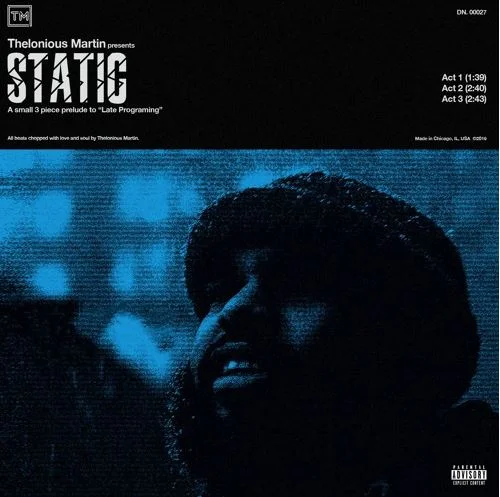Interview • Thelonious Martin: Late Night Programming
Who says nothing's on? Yes, Thelonious Martin has released his sophomore project Late Night Programming, and if you haven’t listened yet it’s a sure win for beat lovers, hip-hop heads and television aficionados everywhere. In a continuation of the aesthetic started with his EP Static, the Save Money producer has curated a front-to-back album experience and one excellent night of television. This is meant to be heard and not seen, making the teleportation Thelonious Martin undertakes with his listeners all the more impressive.
There’s plenty of good TV now, but fade into your couch as Martin brings you to a time that didn’t present an infinite amount of poor choices, instead a smaller mixed bag offering comfort in its familiarity. Nostalgia is dripping over this album, not a crutch but a lens through which Thelonious sees memory and finds music. On a foundation of sleeplessness, the album's evening begins with fuzz sparking on, ending as the commercials fade and the sun rises. And as we watch TV, Thelonious Martin shifts the ground under us, frequently switching the dense instrumentals mid-track like we can't choose. Late Night Programming grabs us with the hook of reminiscence, then informs us about how we process entertainment.
His tracks “Adult Swim” and "Magic Number" really capture LNP's heart. "Magic Number" splits into three separate unofficial parts, different shows blending into each other, within each a quick and alluring repetition to draw you in that any TV lover can understand. In "Adult Swim", the album's inspiration is unlocked as well; tube always on in the background, a childhood merged between old records and TV forming a young artist's perspective on music. And by the time the sun is rising and the album is complete, you'll understand why the connection between music and media is so strong. Learn more about Late Night Programming by reading below for our interview with Thelonious Martin!
What's the story behind Late Night Programming?
The story of Late Night Programming is this nostalgic voyage into television that I grew up with. The Adult Swim's, the Chapelle Shows, etc. If you were raised by your television while parents were at work, this is for you. If you fell asleep with the tv watching you, this is for you. The narrative of the album goes from the moment Adult Swim came on the television, to the point where you broke sun and stayed up too late. This is your soundtrack.
How long have you been working on this concept, and what was the motivation?
I wanted to make something a bit more personal, and I tried to think of how I can create this world that my listener could be immersed into. Tyler had his albums that were like therapy sessions or took place in his car. Kendrick either was telling you the story directly from Compton or the story line that is the thread of To Pimp A Butterfly. Late Night Programming is my introduction to my listeners, to put them into my world of that boy lost in front of the television. This won't be the last project with this theme. This is the first chapter.
Wunderkid was full of collaborators and instrumentation while this project is all you. How were the processes different?
This was a bit more pressure, I had to make sure it could stand on it's own without any shiny features. This process was similar to my previous beat tapes, but with a larger and more cohesive theme. I took time to craft it from the smallest adlib to the largest skit. Everything was meticulously crafted.
How would you describe the sound to a stranger on the street?
I would describe it like this: you're sitting in a dark room, in an Eames Chair, there are neon lights, it smells like lavender, and it sounds like futuristic soul music from 2035.
Just kidding, imagine a producer that studied Dilla, Madlib, Alchemist, Just Blaze, and No I.D., put all those influences in a blender and made music.
Can we expect anything else from you before the end of the year?
Production on other projects, and possibly some of the collaborative projects I did maybe...I said MAYBE, I don't know though, as I'm writing this I think a new track I did with Michael Christmas just dropped. It's just a matter of keeping your eyes peeled.
Is there a parallel between how we consume TV and how we consume music?
The fact that we now have control over when we consume both. Before if you didn't have the mixtape, you would have to wait until you heard it on the radio, or you HAD to buy the album to hear the deep cuts. With television you had to wait until your show came on unless you had the on demand cable box. It's interesting that there is so much access now, which either leads to binge consumption or your shit getting lost in the sea of endless content.
What does Thelonious Martin’s late night programming consist of?
Now a days I watch a lot of stand up, Adventure Time, Rick and Morty, and whatever sports is going on at the time. The NBA season is BACK THANK GOD!








